

An African Missionary shares with a Christian man in the United States how he feels the church in America is in great danger. The Christian is very convicted by what he hears and then sets forth a plan to reach his city with the gospel.
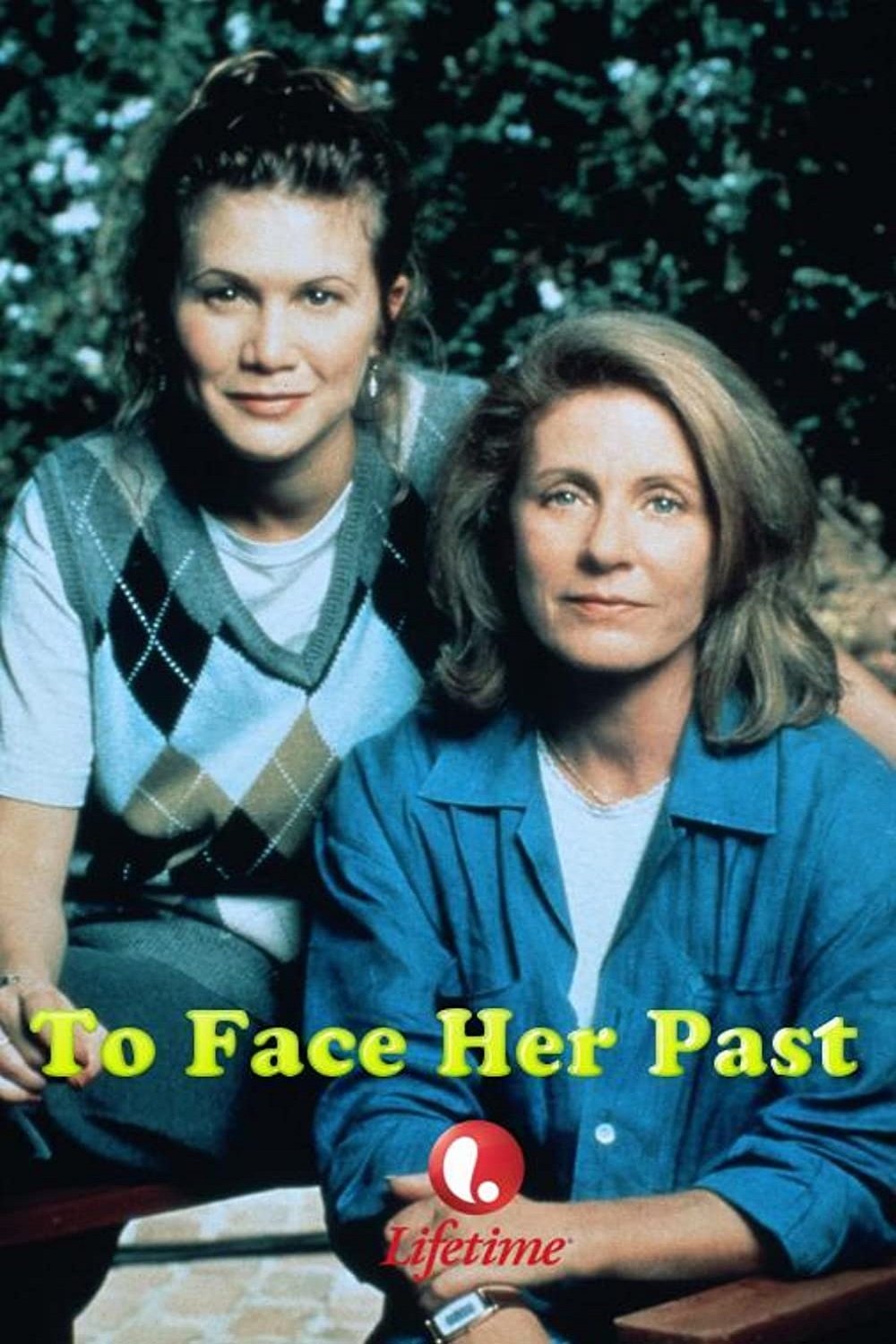
Beth Bradfield (Patty Duke) is a housewife with what appears to be a stable life in an American village. One day, her 24-year-old daughter Lori (Tracey Gold), who is married to Jesse Molina (Maurice Benard) and recently gave birth to his daughter Molly (Laura and Megan Jaime), unexpectedly collapses and is hospitalized. After several tests, she is diagnosed with leukemia. Her doctor (Erick Avari) reveals to Beth that Lori is in urgent need of a donor, though her rare blood type makes finding one a difficult task.
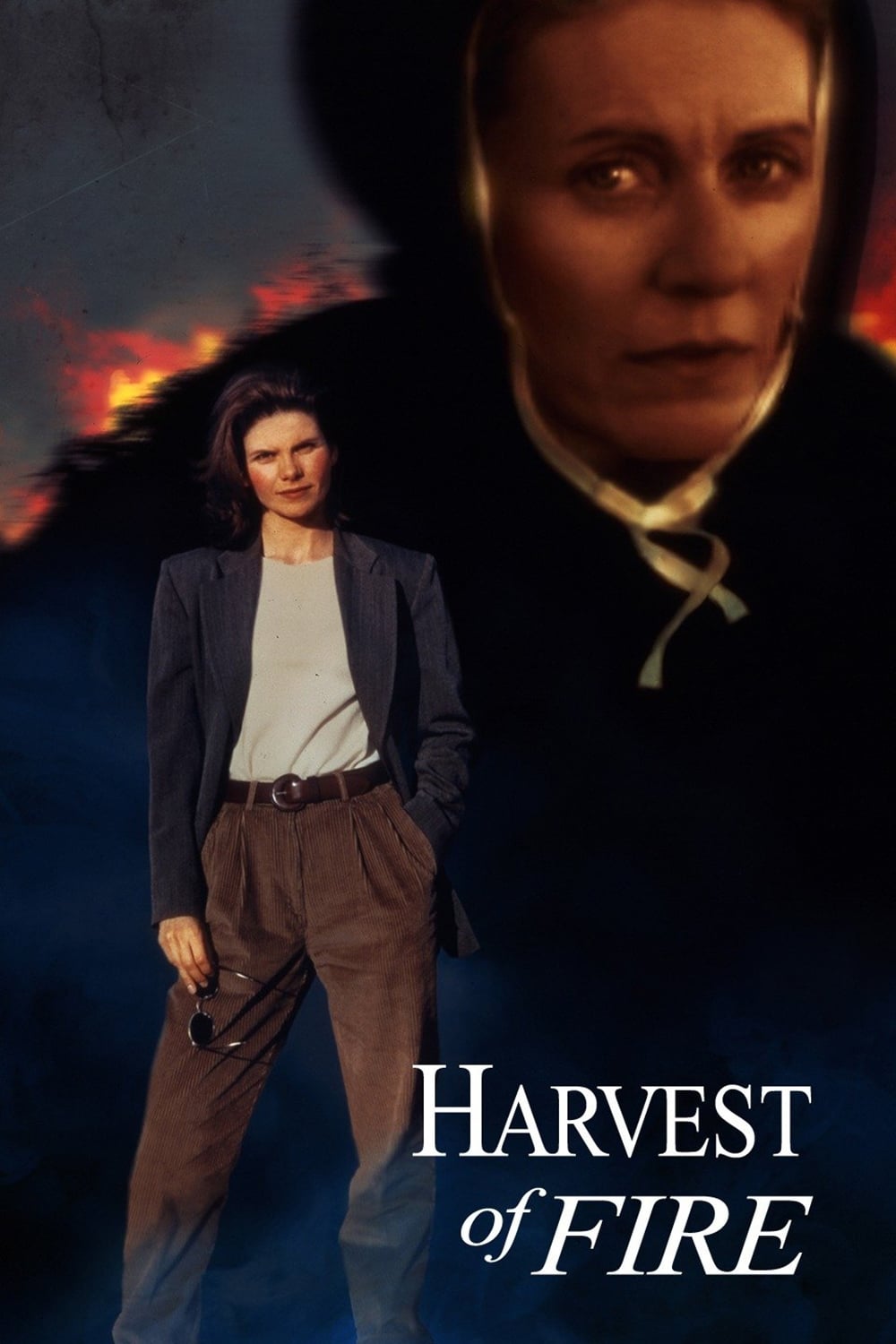
In a small Amish community, three barns are burnt down almost simultaneously. FBI agent Sally Russwell is sent in to investigate this possible hate crime. What she finds however is a community that little trust for outsiders or "The English" as they call them. However, in her investigations, Agent Russell makes friends with one entrepreneurial widow, Annie Beiler who has her own curiosity about this stranger. Together, Annie introduces Russell in-depth to this close knit community bearing many appealing attributes. However, as Sally's investigations continue, she discovers secrets that reveal uncomfortable truths about the religious community that are linked to the arson attacks.
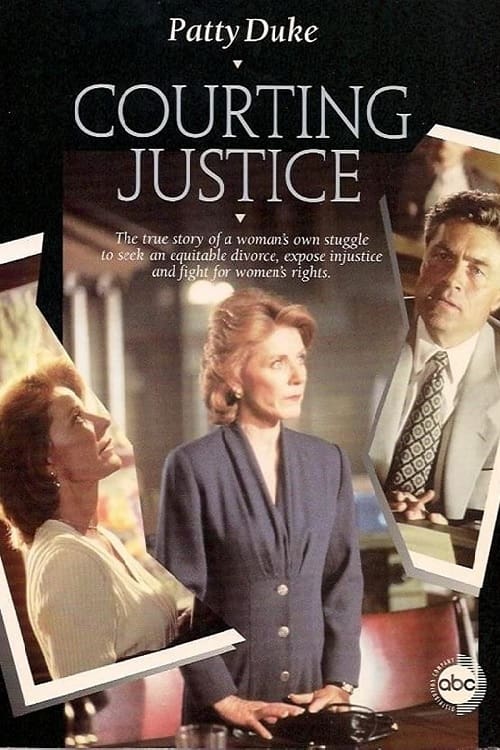
Patty Duke plays a divorced woman who goes to law school to defend herself in court after a chauvinistic judge awards her rotten husband their property.

Michael, a young autistic boy who has trouble with verbalization but a real talent for technology, uses a computer to plead for help after being molested at his school.
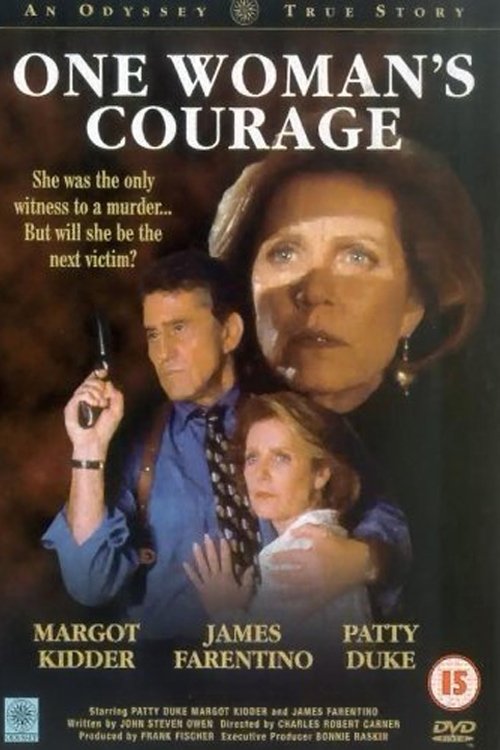
Because Grace's husband Craig is having an affair she starts drinking. One night Grace witnesses a man attacking a girl; she helps her to the hospital but does not want to be a witness in court because of Craig, thinking that he would lose his reputation. Only when the mother of the girl appeals to her, Grace puts herself in contact with Lt. Lawson from the police department. During the trial Grace identifies Bremer as the thug but at the same time she is being asked questions about her private life. When in the end Bremer is set free, he is out to chase Grace.
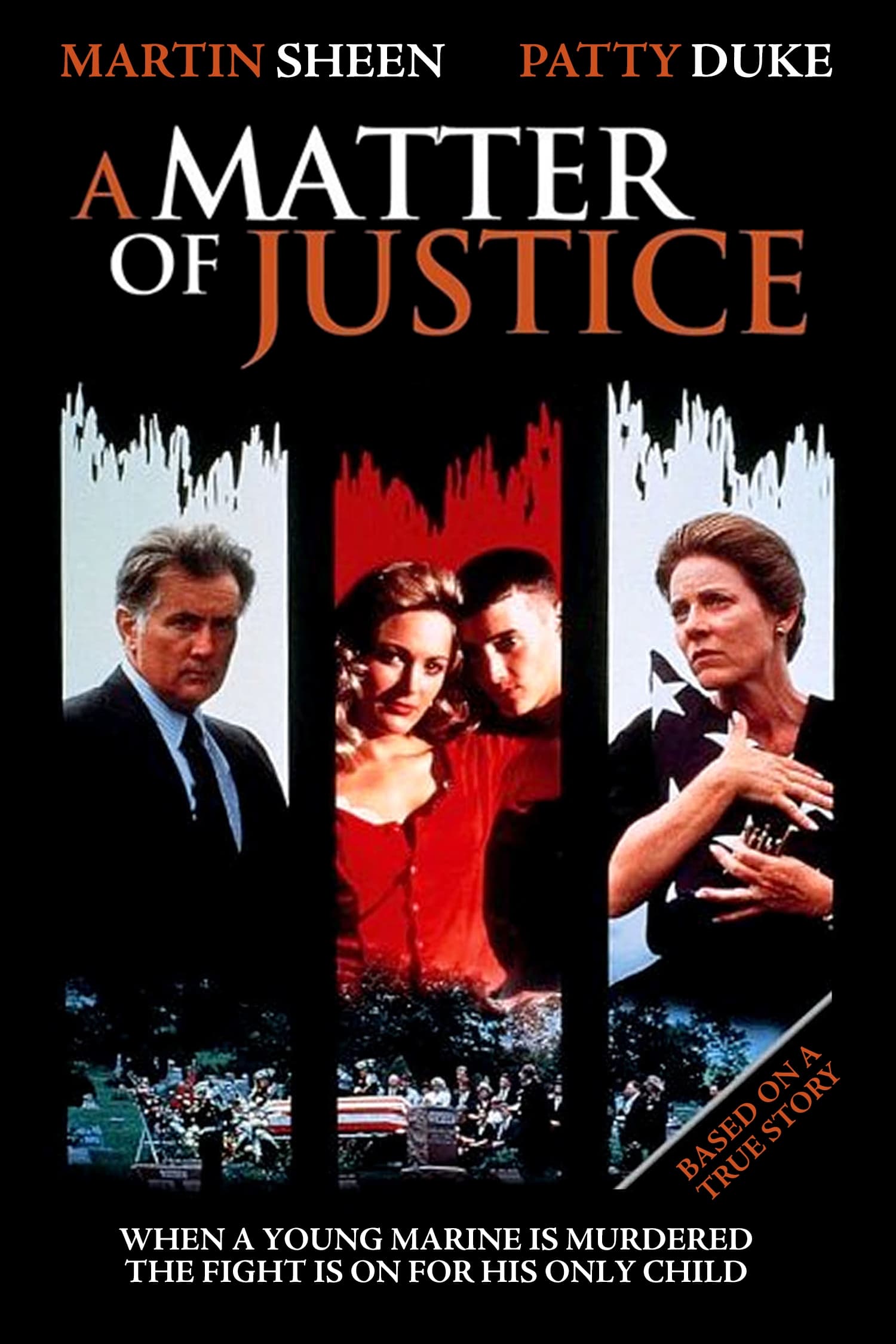
True story about the mother of a murder victim seeking to bring her son's widow to justice and gain custody of her granddaughter.
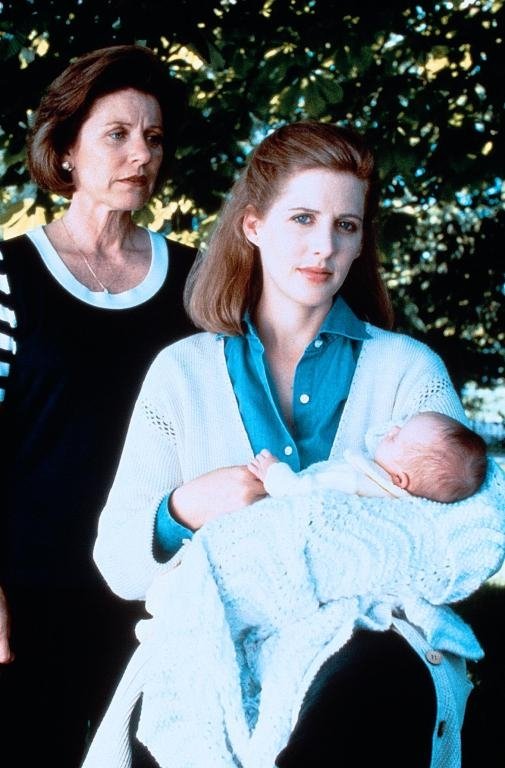
A woman attempts to stop her daughter signing away her down syndrome grandson for adoption. Based on a true story.

Julie must disclose her family's medical history before undergoing major surgery: when she questions her family, she discovers that she was adopted and, later, that her conception was the product of a rape.
Patty Duke was born Anna Marie Duke in Elmhurst, New York, to Frances Margaret (McMahon), a cashier, and John Patrick Duke, a cab driver and handyman. She is of Irish, and one eighth German, descent. Her acting career began when she was introduced to her brother Ray Duke's managers, John and Ethel Ross. Soon after, Anna Marie became Patty, the actress. Patty started off in commercials, a few movies and some bit parts. Her first big, memorable role came when she was chosen to portray the blind and deaf Helen Keller in the Broadway version of "The Miracle Worker". The play lasted almost two years, from October 19, 1959-July 1, 1961 (Patty left in May, 1961). In 1962, The Miracle Worker (1962) became a movie and Patty won an Academy Award for best supporting actress. She was 16 years old, making her the youngest person ever to win an Oscar. She then starred in her own sitcom titled The Patty Duke Show (1963). It lasted for three seasons, and Patty was nominated for an Emmy. In 1965, she starred in the movie Billie (1965). It was a success and was the first movie ever sold to a television network. That same year, she married director Harry Falk. Their marriage lasted four years. She then starred in Valley of the Dolls (1967), which was a financial but not a critical success. In 1969, she secured a part in an independent film called Me, Natalie (1969). The film was a box-office flop, but she won her second Golden Globe Award for her performance in it. In the early 1970s, she became a mother to actors Sean Astin (with writer Michael Tell) and Mackenzie Astin (with actor John Astin). In 1976, she won her second Emmy award for the highly successful mini-series, Captains and the Kings (1976). Other successful TV films followed. She received two Emmy nominations in 1978 for A Family Upside Down (1978) and Having Babies III (1978). She then won her third Emmy in the 1979 TV movie version of The Miracle Worker (1979), this time portraying "Annie Sullivan". In 1982, she was diagnosed with manic-depressive illness. In 1984, she became President of the Screen Actors Guild (SAG). In 1986, she married Michael Pierce, a drill sergeant whom she met while preparing for a role in the TV movie, A Time to Triumph (1986). In 1987, she wrote her autobiography, "Call Me Anna". In 1989, she and Mike adopted a baby, whom they named "Kevin". Her autobiography became a TV movie in 1990, with Patty playing herself, from her 30s onward. In 1992, she wrote her second book, "A Brilliant Madness: Living with Manic Depression Illness". Anna Marie Duke had a long and successful career, winning three Emmys. She was a mother and a political advocate for issues such as the ERA (Equal Rights Amendment), AIDS and nuclear disarmament, all despite having Manic-Depression. She died on March 29, 2016, in Coeur d'Alene, Idaho, of sepsis from a ruptured intestine. Patty had proved her strength as an actress and as a person.
By browsing this website, you accept our cookies policy.